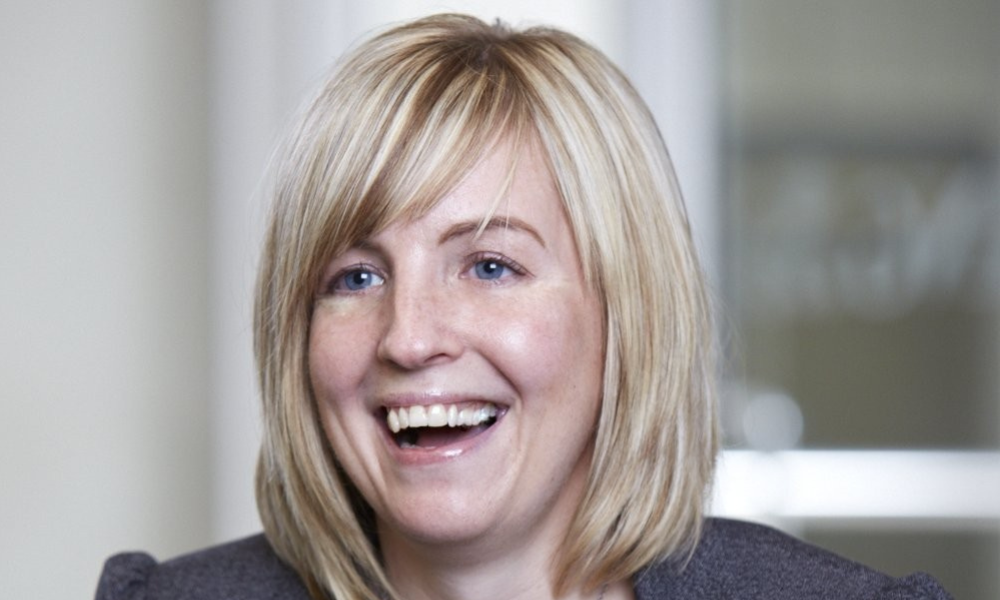Parties urged to engage with lenders and brokers, as General Election approaches

With the clock counting down to polling day, politicians campaigning for our votes in the General Election, are being urged to listen to what the mortgage industry wants, rather than promising what they think it needs.
This is, of course, the week where the main political parties publish their manifestoes, ahead of the big vote on July 4, and Claire Askham, head of mortgage sales at Buckinghamshire Building Society, is keen that the industry is heard by the parliamentary candidates.
“Listen to what the mortgage market are asking for and not just going with what they think we need,” Askham said. “Listen to the experts that know and have the experience, look at what support can be given to try and encourage the purchase market. Potential new Help To Buy-type offerings would help with first-time buyers as well. Most of all I would ask them to engage with lenders, brokers, and industry experts to help understand where change is needed.”
READ MORE: Buckinghamshire BS introduces new fixes
What are the pressing housing issues in 2024?
The stability of a housing minister who stays in post for the longer term, after a number of different MPs filling the role over recent years, is on Askham’s wish list. A lack of property coming to market is a challenge, she believes, and the slow granting of planning permissions is hampering the building of new homes.
Askham has been with Buckinghamshire Building Society for nearly four years - it is a mutually owned, independent building society founded over 100 years ago, that provides specialist mortgage products for members through its intermediaries.
What challenges face the mortgage industry currently?
Among the challenges Askham identifies in the current market are uncertainty of rates, which she believes is not helping applicants make informed decisions, and lenders withdrawing rates at short notice, effectively causing brokers to repeat their part of the mortgage process a number of times. She hopes that the industry will in a stronger position in 12 months’ time, with more stable rates to build consumer confidence, and also wants lenders to rethink how they view more challenging cases.
“Most cases now are of the more quirky nature, with more than one issue, which does not make them a poor case,” Askham said. “Straightforward easy cases have gone, so lenders need to look at how they can help support these types of clients to keep the marketing moving.”
She advised brokers: “Building societies take a manual approach to how they underwrite cases, wanting to understand the applicant’s story, so when you are speaking to a lender make sure that you have everything to help the lender make a decision.”
Askham has been in the financial industry since 2001, with a background that lies in both first and second charge lending, and working across all areas of the industry, which she believes gives her a unique perspective, from both a lender and financial adviser’s point of view. So what, then, is the key lesson she’s learned during a her twenty year-plus career?
“Go with your feelings, if something does not feel right on a case,” she said. “If you look at a case and think I would lend them my own money then it’s a case to push for. Sharing knowledge and experience is something that people in the industry have shown me over a number of years.”



